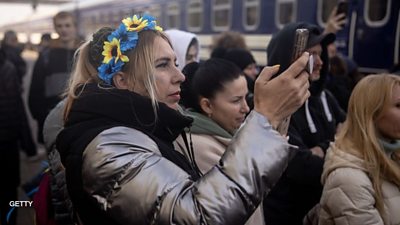Women in Ukraine feel acute impacts of the war on their mental and physical health, and worry about a return to old gender stereotypes, our largest study to date in Ukraine has found.
The research, conducted in January 2023, provides a comprehensive understanding of how women are being affected by the war: the key issues they face, their media use, and how traditional gender roles are being affected by conflict. The research aimed to help humanitarian agencies and media partners become more effective.
We used a mix of traditional research methodologies including a nationally representative telephone survey of over 1,500 women across Ukraine, online surveys with over 200 women living in areas outside of government control in the south and east of the country, and qualitative online focus groups and interviews with women and men. We then brought these findings together with large scale content analysis of the digital space in Ukraine using artificial intelligence (AI).
Our findings
We learned that:
• Women are feeling the impact of the war on their mental and physical health most acutely – especially younger women and internally displaced women (IDPs). IDPs especially feel the impact of being on their own and having to make decisions for themselves and their families
• Social media is the top choice for news and information – with Telegram the most trusted source. But for practical help and information, women rely on family and friends
• Women and men generally support women participating in the war in whatever way they wish – e.g. by joining the military or volunteering – or in whether they choose to stay or leave Ukraine.
• But more conservative gender attitudes are evident – for example, women are still seen by some as ‘berehynia’, or guardians of the ‘home hearth’
• Women and men are highly grateful for the role men (and some women) play in the military. There is a strong sense of national unity which helps to overcome differences.
• But there is an awareness that men are ‘elevated’ – especially in the media – as defenders and heroes. This has the possibility to entrench gender stereotypes for the future.
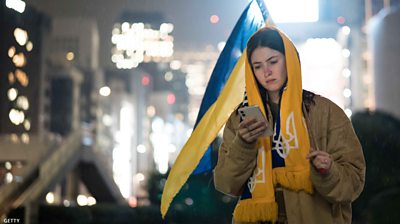
Our recommendations:
• The disruption of gender roles and the strong sense of national unity could be leveraged for positive impact on gender equality. Showcasing women contributing to the war effort in roles traditionally dominated by men, and demonstrating leadership, resourcefulness and decision-making, can help counter narratives which risk entrenching gender stereotypes.
• The dominant narrative of men as defenders could have implications for gender equality in the future. Media and communication has a key role in ensuring an equal and balanced picture, by showcasing the issues and challenges faced by women, and the contributions of both men and women to the war effort. Media should ensure gender balance in content and output, and avoid stereotypes and norms.
• Content can reach and engage women with useful, helpful support for everyday challenges – but it needs to cut through the noise and clutter of social media. This could include clearly branded series of practical information, and leveraging stories of women’s resilience and action in everyday life to help other women deal with similar challenges.
Our work with media partners
As part of our project, we worked with Ukrainian public broadcaster Suspilne on a five-part digital film series, Yes, I Am a Woman. These films examined women's leadership roles in military, politics and society during the conflict.
Read the research in full
-
(leads to third-party site)
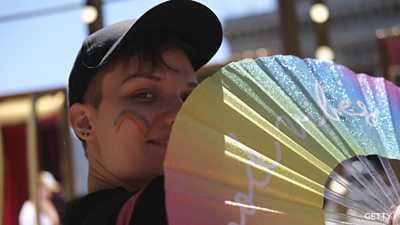
You can also read our briefing 'How can media represent LGBTQI+ communities more effectively in Ukraine?' which outlines our research findings and learnings from producing a series of short documentary films designed to increase understanding around LGBTQI+ communities in the country.
Our projects in Europe and Caucasus
-

Support to independent media in the Eastern Partnership countries
We are working in Eastern Europe and the Caucasus to support public interest media. -
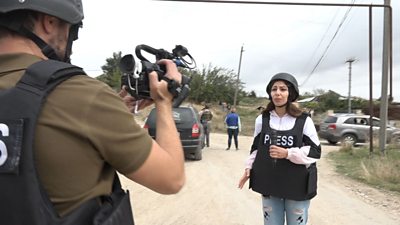
Strengthening Armenia’s vibrant independent media
We are working with students and public interest media to improve journalistic standards and ensure access to objective, impartial and trustworthy information. -
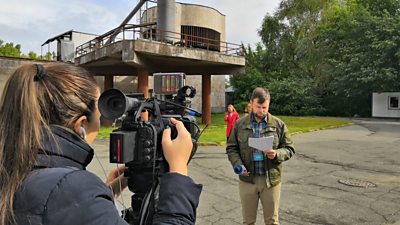
Supporting Ukraine’s new Public Service Broadcaster
Through two projects, we’re supporting the newly-established National Public Broadcaster in Ukraine, UA:PBC, to improve its capacity as an independent, impartial news broadcaster. -
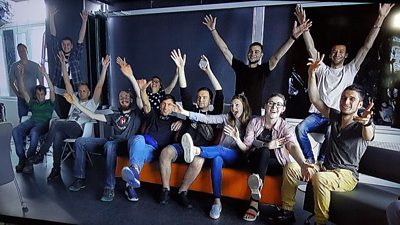
Supporting independent news in Ukraine
Media Action is working on a Good Governance Fund-supported programme to enhance the capacity of the Ukrainian TV station – Hromadske TV.
